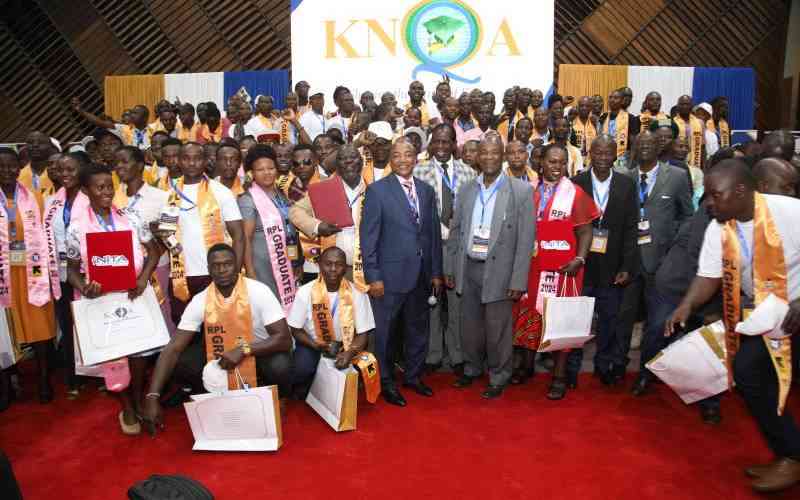×
The Standard e-Paper
Join Thousands Daily

Kenyans who have attained informal training over the years but do not have certificates have new hope after a new policy to recognise their skills was launched.
Deputy President Rigathi Gachagua launched the Recognition of Prior Learning (RPL) policy that will now allow these workers secure formal jobs in government and private sector, and rise through the ranks.